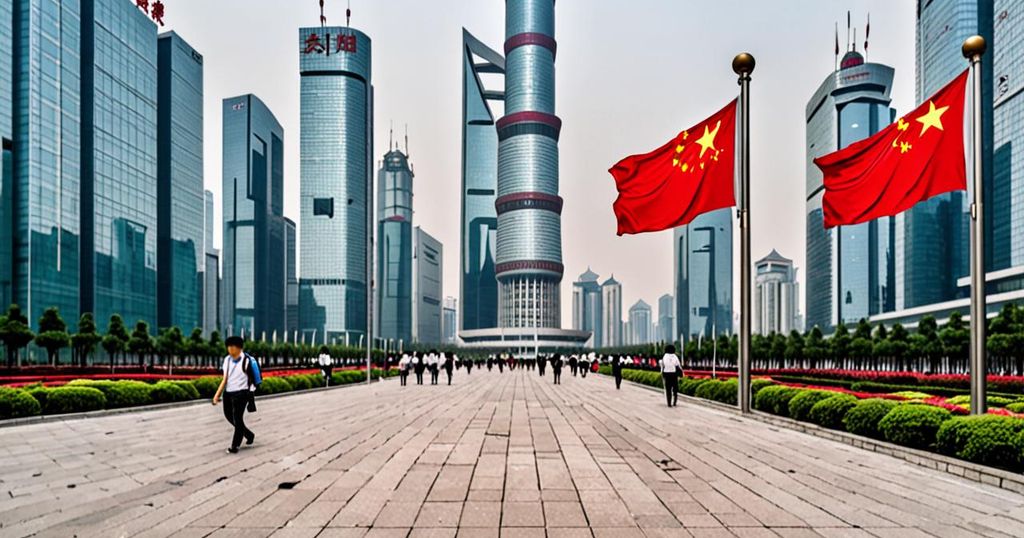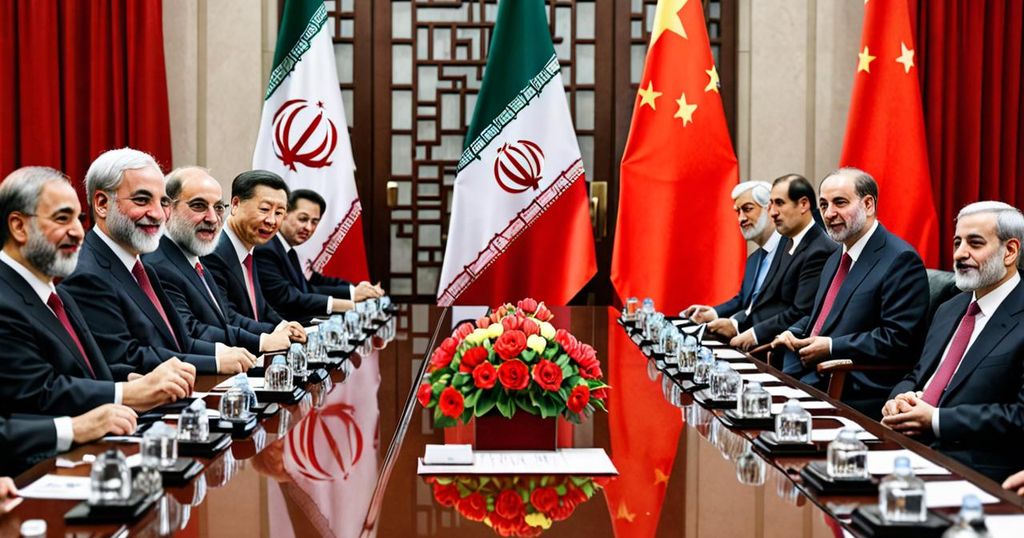The Chinese government has begun to relax its stringent regulatory control over the technology sector, expressing growing concern about provoking market panic through excessive regulation. This change in policy has prompted inquiries into the government’s motivations and the potential impact on the technology industry in China.
During a recent interview, law professor Angela Huyue Zhang provided insights into the patterns and rationale behind China’s technology regulations. Zhang highlighted the government’s tendency to alternate between heavy regulation and a hands-off approach, as well as the deliberate measures taken by local authorities to defend domestic technology companies. She particularly emphasized the preferential treatment of AI companies by the Chinese government compared to other sectors.
One notable aspect of Zhang’s analysis is her examination of how market overreactions have become an essential tool for Chinese technology regulators. Zhang pointed out how investors often react negatively to regulatory signals, causing unnecessary market panic. For example, she cited the significant decline in market value experienced by top gaming companies in China in response to a gaming regulator’s draft proposal to curb gaming activities, despite the proposal being relatively routine.
Zhang’s insights also highlighted that the damage to the reputation of technology companies caused by market-induced panic often has a more significant impact than monetary fines. The deliberate use of predictable market overreactions as a form of discipline suggests that government agencies are adept at exploiting market sentiment in their regulatory actions.
However, this approach is not without risks, as exaggerated market reactions could lead to broader economic damage that regulators may not intend to cause. The economic downturn has also led certain regulatory agencies to adopt softer and more consensual approaches with technology firms to avoid further harm to the economy.
Overall, Zhang’s analysis indicates that Chinese regulators have indeed learned to adopt a more delicate and strategic approach in disciplining technology companies, recognizing the potential economic repercussions of their regulatory actions. This policy shift reflects a more cautious and risk-averse approach, as regulators aim to strike a balance that avoids severe market disruptions.
In light of these observations, the question arises: Do you concur that Chinese regulators have learned to take a gentler approach to disciplining technology companies? Share your thoughts at [email protected].
Stay connected for more updates from MIT Technology Review, including special offers, top stories, upcoming events, and more.








